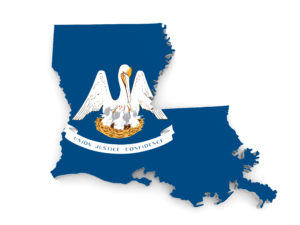How to determine if you need to worry about estate taxes
Among the taxes that are being considered for repeal as part of tax reform legislation is the estate tax. This tax applies to transfers of wealth at death, hence why it’s commonly referred to as the “death tax.” Its sibling, the gift tax — also being considered for repeal — applies to transfers during life. Yet most taxpayers won’t face these taxes even if the taxes remain in place.
Exclusions and exemptions
For 2017, the lifetime gift and estate tax exemption is $5.49 million per taxpayer. (The exemption is annually indexed for inflation.) If your estate doesn’t exceed your available exemption at your death, then no federal estate tax will be due.
Any gift tax exemption you use during life does reduce the amount of estate tax exemption available at your death. But every gift you make won’t use up part of your lifetime exemption. For example:
- Gifts to your U.S. citizen spouse are tax-free under the marital deduction. (So are transfers at death — that is, bequests.)
- Gifts and bequests to qualified charities aren’t subject to gift and estate taxes.
- Payments of another person’s health care or tuition expenses aren’t subject to gift tax if paid directly to the provider.
- Each year you can make gifts up to the annual exclusion amount ($14,000 per recipient for 2017) tax-free without using up any of your lifetime exemption.
What’s your estate tax exposure?
Here’s a simplified way to project your estate tax exposure. Take the value of your estate, net of any debts. Also subtract any assets that will pass to charity on your death.
Then, if you’re married and your spouse is a U.S. citizen, subtract any assets you’ll pass to him or her. (But keep in mind that there could be estate tax exposure on your surviving spouse’s death, depending on the size of his or her estate.) The net number represents your taxable estate.
You can then apply the exemption amount you expect to have available at death. Remember, any gift tax exemption amount you use during your life must be subtracted. But if your spouse predeceases you, then his or her unused estate tax exemption, if any, may be added to yours (provided the applicable requirements are met).
If your taxable estate is equal to or less than your available estate tax exemption, no federal estate tax will be due at your death. But if your taxable estate exceeds this amount, the excess will be subject to federal estate tax.
Be aware that many states impose estate tax at a lower threshold than the federal government does. So you could have state estate tax exposure even if you don’t need to worry about federal estate tax.
If you’re not sure whether you’re at risk for the estate tax or if you’d like to learn about gift and estate planning strategies to reduce your potential liability, please contact us. We also can keep you up to date on any estate tax law changes.

